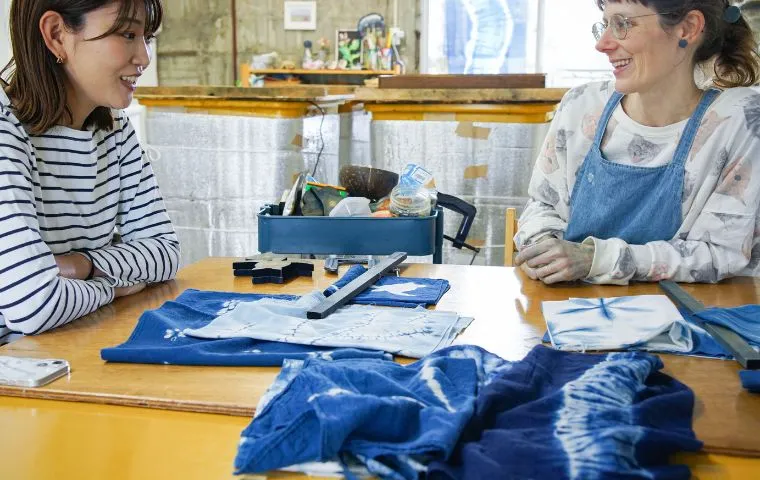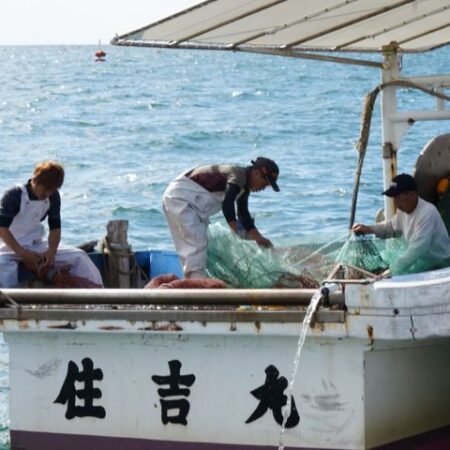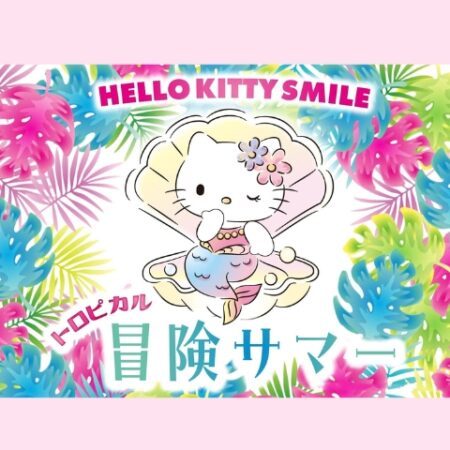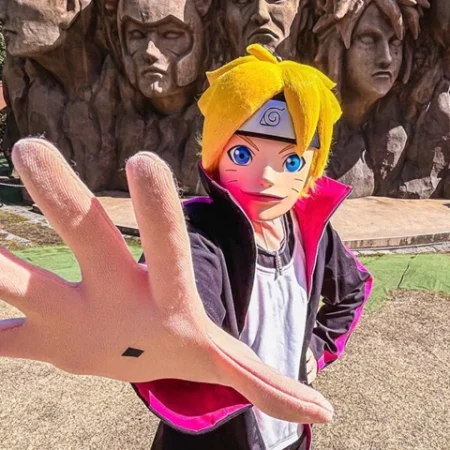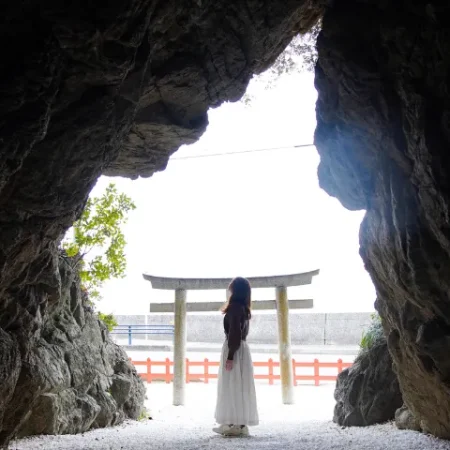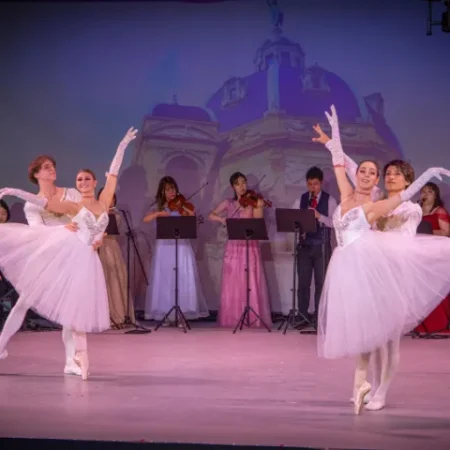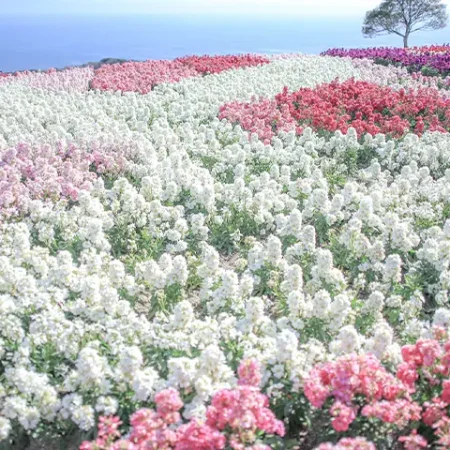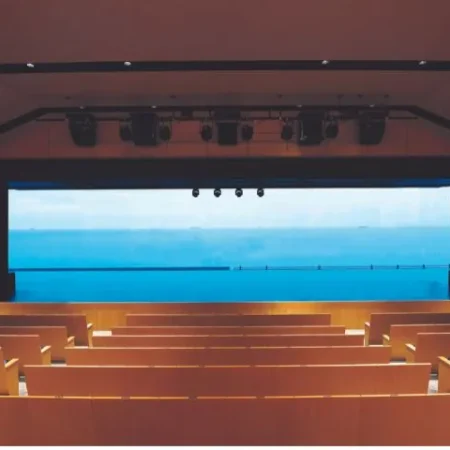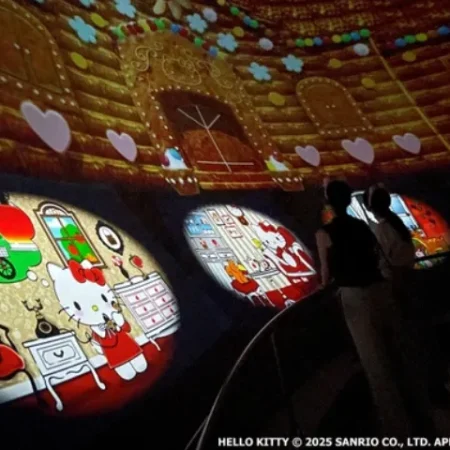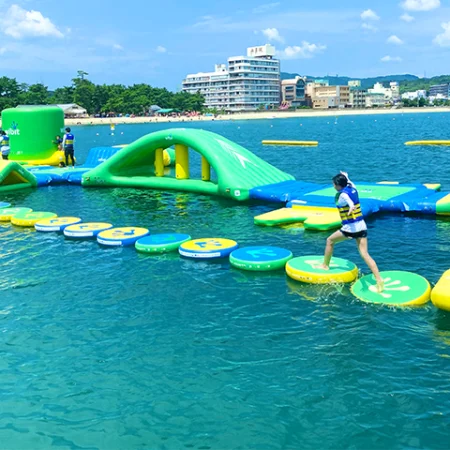In recent years, our society has seen some notable trends and one of the most prominent ones is a move towards slow fashion.
Slow fashion is a movement advocating for sustainable and ethical practices in clothing production and consumption. It prioritizes quality over quantity, promoting the purchase of durable, timeless garments made with sustainable materials and produced under fair labor conditions.
There is a place on Awaji Island where you can truly appreciate the concept of slow fashion by participating in a unique indigo dyeing experience. In this article, we will explore this unique activity.
Table of Contents
The Concept of Slow Fashion
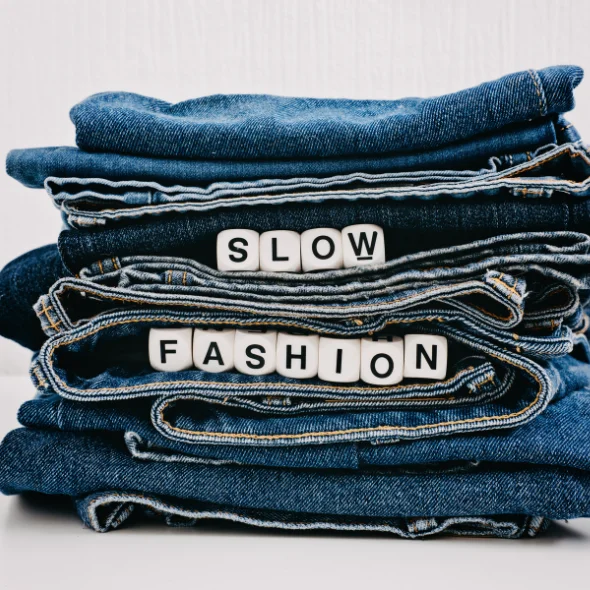
Slow fashion, a movement emphasizing sustainability, ethical practices, and quality over quantity, arises in response to the negative environmental and social impacts of fast fashion, characterized by rapid production cycles and poor working conditions.
Its principles include prioritizing high-quality, durable garments over disposable clothing, promoting fair labor practices, and ensuring safe working conditions for garment workers. Additionally, slow fashion emphasizes the use of sustainable materials to reduce transportation-related carbon emissions and bolster local economies.
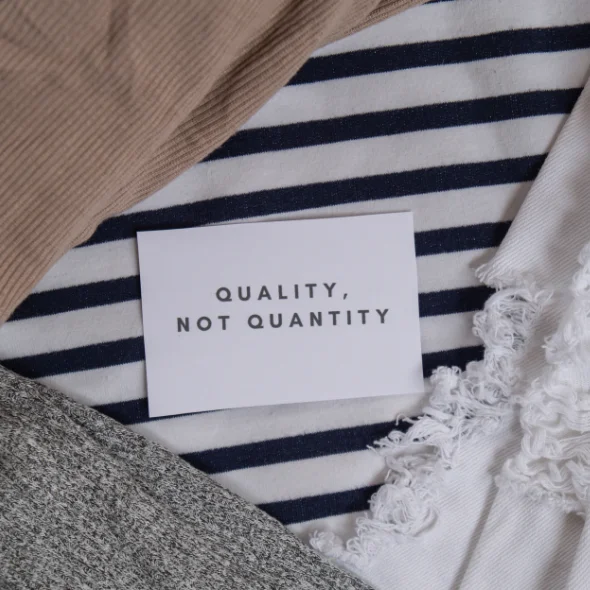
Another key aspect of slow fashion is its focus on timeless, classic designs that transcend trends and seasons, reducing the pressure to constantly purchase new clothing. By advocating for a more thoughtful and mindful approach to consumption, slow fashion encourages consumers to invest in pieces that will last for years, ultimately promoting sustainability and responsible consumer behavior.
The Connection between Indigo Dyeing Experience and Slow Fashion

It emphasizes the use of natural dyes, such as indigo, which aligns with the slow fashion movement’s focus on sustainable materials. Unlike synthetic dyes that can be harmful to the environment and human health, natural dyes are biodegradable and often sourced from renewable plant-based sources, promoting eco-friendly practices.
The indigo dyeing experience also embodies the slow fashion ethos by emphasizing traditional craftsmanship and artisanal techniques, highlighting the value of quality over quantity. Participants gain a deeper appreciation for the labor and artistry involved in garment production, fostering mindfulness and intentionality in clothing consumption.
Traditional Japanese Dyeing Method on Awaji Island
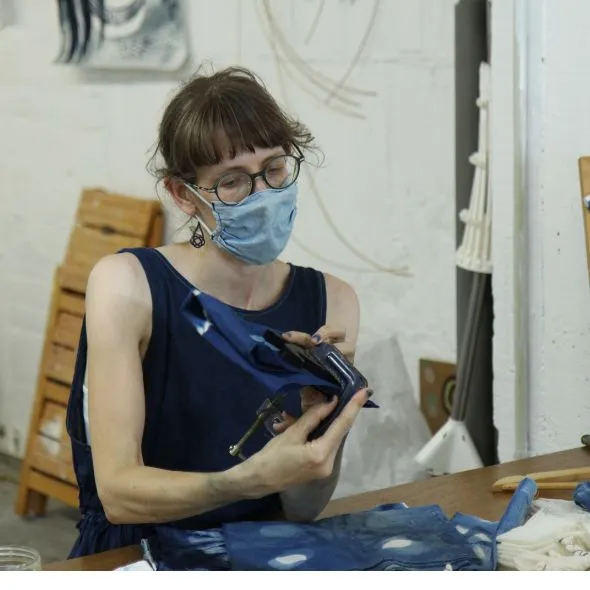
On Awaji Island, there is a unique store-workshop named AiAii, owned by Sally Hancox from England and her Japanese husband Junichi Okada, which they established in 2019. The couple conduct workshops on dyeing fabrics made of cotton and linen using the natural indigo dyeing method. Indigo dyeing involves coloring natural materials in varying shades of blue, from pale to dark, obtained from the leaves of the persicaria tinctoria plant through fermentation.
The natural indigo dyeing method offers environmental benefits compared to chemical dyeing processes, as it produces less pollution and consumes less water. This eco-friendly process involves using only leaves and ash, and once completed, the leftover materials can be returned to the earth or composted.
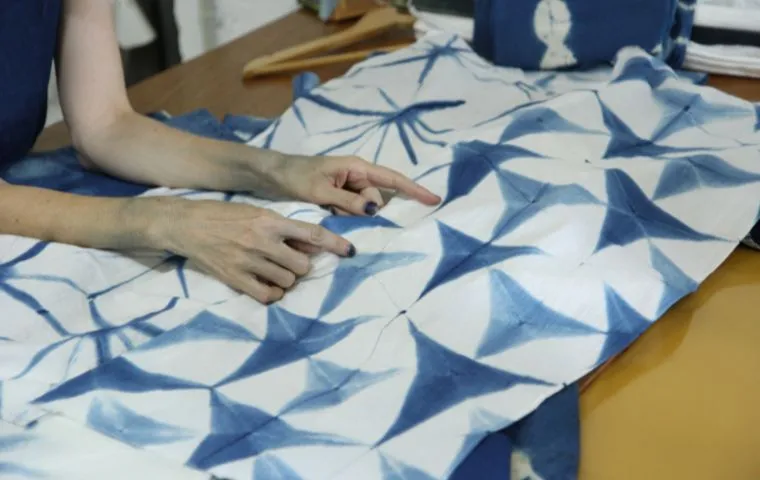
The dyeing process begins with a thorough washing of the fabric to remove impurities. Next, it is immersed in a vat of indigo dye in controlled conditions of temperature and pH. After the initial dyeing, the fabric undergoes rinsing and oxidation to bind the indigo to the fibers. This dipping, squeezing, and rinsing sequence is repeated until the desired depth of color is achieved. Once dyed, the fabric is left to dry before it is ready for use.
AiAii, a natural indigo dyeing workshop on Awaji Island
Facility Name: AiAii
Location: 3-19, 2 Chome, Kaigandori, Sumoto, Hyogo 656-0022
Tel: 0799-20-5252
Website: https://aiaii.blue/ (Japanese)



